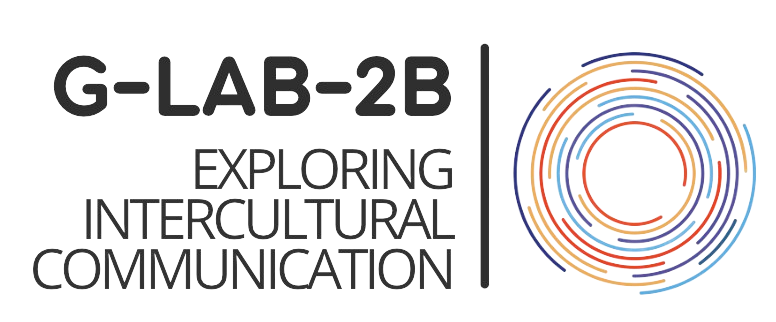In this article I do not want to expose finished thoughts or theses, but open questions, reflections that occupy me at the moment and questions that we should all ask ourselves about our current time we live in.
I want to begin with a little story I have heard about a mechanic’s shop and its corresponding workers.
Perhaps a classic and almost idyllic scene as you might think, since it was a lifelong neighborhood mechanic’s shop: some time ago, a young woman started as an apprentice there, a small revolution in the world of the shop. Then came a second young woman, shy, with “dark hair and a darker skin”. I spoke to the mechanics master and congratulated him on his new worker. But his response surprised me: “Well,” he said, “she works well, but she’s just not one of us. Her mother is from Barcelona, but her father is from Marrakech”.
Table of Contents
So who is one of us?
When I heard this little anecdote it stayed in my memory for a long time, because it revealed how deeply rooted the question “Who is one of us?” is in our Spanish or even European culture. A young woman, born and raised in Barcelona and speaking Spanish and Catalan, is suddenly not “one of ours”. Consequently, this question “Who is one of us?” runs not only through the history of this workshop, but through the whole of European history.
Europe is a continent shaped by its geographical peculiarity: a space to which it was easy to immigrate, but from which it was and is difficult to leave. In addition, different cultures, religions, languages, all in a small space. What sounds so beautiful today, like a hymn to diversity, has for centuries been a source of conflict, war and intolerance.
Over time, Europe has learned that one can react in two ways to the difference of people: one can recognize oneself in the other or see in the other a threat, perhaps a competing group. This is the old tension between integration and segregation, between openness and exclusion. Now, these constant encounters with “the other,” with the certainty that our own truths are not the only ones, has uniquely shaped Europe. The Catholic Church, which for centuries allowed only one truth, was challenged by the recognition that “false” believers could live side by side equally, justly and virtuously. And so a European culture was formed that always had to coexist with doubt, with the coexistence of multiple truths, and this consequently gave Europe its “way of being”.
Today, on the other hand, we live in a time of immense transformation where the pressure to change is enormous and will perhaps continue to grow. Whether it is climate change and the migration that comes with it or Artificial Intelligence that will revolutionize our world of work. Work as we know it will gradually disappear, and with it, an essential part of our identity. This generates fear. It is the fear of the future, the fear of change.
The liberal dream of some and the authoritarian dream of others.
This fear is manifested in our way of living and doing politics today: on the one hand there is the liberal dream of some, and on the other the authoritarian dream of others.
The liberal dream as we know it is the dream of the Enlightenment, which trusts in the individual, in freedom, rationality and progress. But this dream has been transformed in recent decades into an almost parodic form: neoliberalism, which understands freedom only as consumer choice and turns citizens into consumers. The liberal dream has been self-surpassing and constantly forcing people to change and become an ever-flexible modern being. But this dream does not give a home and also does not provide a sense of belonging.
On the other hand, there is the authoritarian dream which promises security in times of uncertainty and seeks a return to a supposedly natural order where everyone has his or her fixed place in society. It is a dream that looks inward and towards one’s own group, one’s own nation and sees everything foreign, the “other,” as a threat. This dream unites not only right-wing populist parties in Europe but also political leaders around the world, from Donald Trump to Erdoğan to Vladimir Putin. They all dream of a return to an idealized past, which in reality never existed.
How do we want to live together as a society?
But in the midst of these two dreams we face a great challenge: the question of how we want to live together as a society. Can we maintain a democracy based on open markets and individual freedom? Or will we retreat into a fortress Europe that erects walls and renounces the liberal core of our societies?
There are no easy answers but it is clear that we must decide. It is not just a question of “Who is one of us?” but also of who we want to be. We can be a society that defines its values in an open and inclusive manner and we can evolve without betraying our principles. History shows that democracy and human rights are not laws of nature. They exist only because we believe in them and defend them together. And perhaps that is the greatest challenge of our time: to have the imagination and the will to design a new inclusive society that is able to withstand the storms of the future. Whether or not we will succeed remains an unknown, but one thing is certain: what is at stake is all that we are.


